Blog Layout
GREAT DENTAL HYGIENE TIPS
Analytics Admin • April 7, 2017

Welcome to our blog and thanks for stopping by. At Dental Arts of Cherry Hills we want to offer you some easy to follow tips when caring for your teeth.
Good dental hygiene starts with brushing twice daily.
Brush. No brainer, right? Make sure to use a soft-bristled toothbrush, as hard bristles can damage the gums and wear away enamel. A gentle toothbrushing at the correct angle can gently wipe the bacteria away. Don’t forget your gumline and even your tongue. Use toothpaste with fluoride. Don’t scrub your teeth and gums until your gums recede and expose parts of your tooth you don’t want to be exposed. Proper brushing and regular flossing can keep your gums healthy and strong.Floss Daily
Create your daily routine for flossing that leaves enough time to spend a full two minutes gently cleaning all the nooks and crannies of your delicate mouth. Floss daily to dislodge food, decrease plaque buildup, and help ward off gum disease. Also, do not forget to have a new floss package ready to use when your current one runs out. Waiting days to get to the store for more can disrupt a balanced routine.
Visit your Dentist every 6 Months
While even with great oral hygiene routine at home, it is very important that you visit your Denver dentist office every six months for a regular checkup and cleaning. Not only does your mouth feel great and clean, a visit to your dentist will help prevent tooth decay, stave off gum disease, and maintain oral health. Call Dental Arts of Cherry Hills to set up an initial consultation today. We’ve got the phones ready! Oral screenings, cavity checks are vital to maintaining a healthy mouth.
More tips to consider:
There are many healthy habits and quality products out there to help supplement your oral hygiene routine.
- Mouthwash can help combat gum disease, in addition, to give us a clean fresh breath every day.
- Limiting sugary foods and drinks, constant snacking, acidic eats and staining foods will contribute to a healthy smile.
- A balanced diet provides your teeth and other oral tissues with vitamins and minerals they need.
- Fluoride in water, toothpaste or any supplemental form can help aid in the development of teeth for children and strengthen enamel in adults
- Avoiding smoking will decrease your risk for oral cancer, gum disease, tooth staining, bad breath and other oral health problems.

By Landon Johnson
•
March 16, 2021
Study originated from: American Academy of Periodontology encourages routine periodontal care during ongoing pandemic CHICAGO, ILLINOIS – February 3, 2021 - Systemic inflammation is not only a symptom of COVID-19, but can also be a symptom of periodontal disease, or gum disease. Noticing this similarity, new research published ahead-of-print in the Journal of Clinical Periodontology found that gum disease is linked to severe COVID-19-related complications. According to the American Academy of Periodontology (AAP), the nation’s leading organization of periodontists, or gum disease experts, these findings signal the importance of diligent oral care during COVID-19. “It is well-established that systemic inflammation is not only linked with periodontal disease, but to several other respiratory diseases as well,” said Dr. James G. Wilson, President of the AAP. “Therefore, maintaining healthy teeth and gums in an effort to avoid developing or worsening periodontal disease is absolutely crucial in the midst of a global pandemic like COVID-19, which is also known to trigger an inflammatory response.” Periodontal disease, commonly known as gum disease, can cause bleeding gums, bad breath, and if left untreated lead to tooth loss. Research from the AAP and the Centers for Disease Control and Prevention suggests up to half of US adults age 30 and older have some form of periodontal disease. Periodontal disease has been linked to several other serious conditions in addition to COVID-19, including diabetes, heart disease, and Alzheimer’s. Conducted using the national electronic health records of the State of Qatar between February and July 2020, the study analyzed patient cases with severe COVID-19 complications (death, ICU admissions or assisted ventilation). The control group was comprised of COVID‐19 patients discharged without major complications. Periodontal conditions in the two groups were analyzed using dental radiographs from the same database. Of the 568 patients studied, those with periodontitis, the most severe form of gum disease, were at least three times more likely to experience COVID‐19 complications including death, ICU admission, and the need for assisted ventilation. Additionally, COVID-19 patients with periodontitis showed increased levels of biomarkers associated with worsened disease outcomes including white blood cell levels, D‐dimer, and c-reactive protein.

By Landon Johnson
•
March 2, 2021
Background : Optical impairments of teeth in the esthetic zone constitute a problem for many dentists and patients as several studies concluded that patients were dissatisfied of their dental appearance because of their restorations' color. The purpose of this study was to assess patient satisfaction combined with shade matching of VITA SUPRINITY versus lithium disilicate (IPS e-max CAD) all-ceramic crowns in esthetic zone. Methods : 26 patients with teeth problems indicated for full coverage restoration on one tooth in the esthetic zone (from upper central incisor to 1 premolar) were randomized into 2 equal groups (n=13) for which different CAD-CAM ceramic materials were used; (VITA SUPRINITY) a zirconia reinforced lithium silicate ceramic and (IPS e.max CAD) lithium disilicate glass ceramic. The crowns were fabricated to match the shade of the contra-lateral/ adjacent tooth and assessed using the modified USPHS criteria. Also patient satisfaction was assessed. The data obtained by evaluating each assessment criteria were statistically analyzed using the Chi-square test that was performed in categorical data. In dentistry, accurate and predictable shade matching between natural teeth and restorative materials represents a challenge for clinicians and laboratory technicians. For decades, visual shade matching was most commonly used for the shade selection in the dental clinics as it is easy and does not require expensive equipment1,2 . Several studies reported that the color of the shade tabs is uniformly distributed and the shade guide enables accurate shade matching with the natural teeth3,4. Other studies stated that the number of correct matches might increase if the Vitapan 3D-Master shade guide is used4–6. They also suggested the use of Vitapan 3D-Master along with shade mapping, as in this study, to allow the exclusion of the effect of operators’ experience on shade-matching process and to ensure correct placement of different shade effects and characterizations4–6. However, many factors may negatively affect the quality of shade matching clinically, including tooth texture, lighting conditions, the surroundings and background7, as well as the subjective nature of human color observation, through color blindness or color perception defects8,9 . Differences in gender10, variations in experience of the evaluators, lighting conditions, metamerism and eye fatigue that could affect proper shade selection11. Additionally, factors such as tooth dehydration as result of prolonged clinical procedures12 and color alteration of shade tabs after chemical disinfection can cast a significant effect on the final shade matching13–15. Therefore, in order to eliminate the confounders during the color matching process, instrumental methods have been introduced16. Greater correlation in several studies have been found between both the objective (spectrophotometer) and the subjective (visual) shade selection methods with respect to color dimension of value or lightness, followed by hue and finally chroma17–19. It was concluded that combination of both methods should be used for a successful esthetic outcome. While other studies found that using a spectrophotometer for shade matching is more accurate than using a conventional shade guide20–24. In other studies, instrumental color matching was suggested as a supplementary tool for a better esthetic outcome18,19,22. In addition, the final color of all-ceramic restorations is affected by different factors including the porcelain layering technique25, dental ceramic type, ceramic brand26, veneering ceramic thickness27–29, and firing temperature and conditions30–32. Moreover, clinical parameters, including type33, color34, and thickness35,36 of cement can also influence the final result37. Therefore, the esthetic needs of the patients during treatment should be taken into consideration, otherwise patient satisfaction will not be achieved, which has a significant effect on patient self-perception and quality of life38,39. A survey looking at patient satisfaction with esthetic treatment found that the restoration color was the primary cause for patient dissatisfaction, as 89.3% of patients were not satisfied of their esthetic treatment because of the color of their restoration40. Other studies found that tooth color and gender also affect patient satisfaction, with females more dissatisfied than males41,42. Newly introduced ceramic systems with improved optical properties may lead to improve clinical shade matching and patient satisfaction. VITA SUPRINITY, introduced by VITA Zahnfabrik, is a glass ceramic material enriched with approximately 10% zirconia by weight. This very fine homogenous dual microstructure resulted in high flexural strength while simultaneously providing a high percentage of glassy matrices. These structural effects provide the ceramic with good optical and polishing properties and allow delivery of restorations with excellent esthetics43,44. Lithium disilicate ceramic (such as IPS e.max CAD, manufactured by Ivoclear Vivadent) is considered one of the more esthetic ceramics due to the glass matrix embedded with needle-like lithium disilicate crystals that results in reduction of internal scattering of the light as it passes through the material. There are also other optical properties for better mimicking of adjacent natural teeth, which include the chameleon effect45,46. Therefore, this study was conducted to evaluate patient satisfaction according to the visual analogue scale (VAS) and shadematching of VITA SUPRINITY versus (IPS e-max CAD) lithium disilicate all ceramic crowns in esthetic zone using the modified United States Public Health Service (USPHS) criteria in a prospective controlled randomized clinical trial. The null hypothesis of the study was that there would be difference in patient satisfaction and shade matching of VITA SUPRINITY if compared with lithium disilicate ceramic crown used in the esthetic zone. Clinical evaluation: Patients were given a handheld mirror to view their teeth and definitive restoration in the clinic and evaluated their own restoration57. Patients were asked to fill in patient satisfaction chart for either satisfied or dissatisfied. In addition, restorations were evaluated by three prosthodontists from the Department of Fixed Prosthodontics, Cairo University. A few minutes before the procedure, these evaluators entered the clinic in order to adapt to the environmental lighting conditions51,54,57,59–61. Evaluation was performed with the same sequence used for initial shade-matching (visually using VITA 3D-Master shade guide system (VITA, Zahnfabrik, Germany) in accordance to the contra-lateral/adjacent tooth under different light conditions (natural day light, incandescent light and colorcorrected light). To avoid eye fatigue, evaluators were asked to rest their eyes by temporarily closing them or looking at a neutral grey zone every 10 seconds5,18. Evaluators were asked to fill in a clinical assessment chart with each patient number. Primary outcome (patient satisfaction) The two groups of patients were assessed using the Visual Analogue Scale (VAS)40,42,57 which is binary and documented in chart including number of satisfied and unsatisfied. Results: According to the modified USPHS criteria, 100% of the patients were Alpha score with 0% for Bravo, Charlie and Delta scores in both groups. While according to the visual analogue scale (VAS), 100% of the patients were satisfied while 0% were dissatisfied by the restoration in both groups. Conclusions: The results for both materials in terms of patient satisfaction and shade matching were Alpha. This indicated that both materials are clinically accepted to be used as full coverage restorations for excellent esthetic outcome. Data availability: Underlying data Open Science Framework: Evaluation of Patient Satisfaction and Shade Matching of Vita Suprinity Versus Lithium Disilicate (E-max) Ceramic Crowns in Esthetic Zone (Randomized Controlled Clinical Trial). https://doi.org/10.17605/OSF.IO/ZH6SC47. Underlying data for this study are available in file “Raw data. xlsx”. Extended data: Open Science Framework: Evaluation of Patient Satisfaction and Shade Matching of Vita Suprinity Versus Lithium Disilicate (E-max) Ceramic Crowns in Esthetic Zone (Randomized Controlled Clinical Trial). https://doi.org/10.17605/OSF.IO/ZH6SC47. This project contains the following extended data: • ResearchRandomizer.csv • CONSORT flow diagram of experimental stages and group distribution.docx • Trial protocol.doc Reporting guidelines Open Science Framework: CONSORT checklist for article “Evaluation of patient satisfaction and shade matching of Vita Suprinity versus lithium disilicate (E-max) ceramic crowns in esthetic zone: a randomized controlled clinical trial”. https://doi. org/10.17605/OSF.IO/ZH6SC67. Data are available under the terms of the Creative Commons Attribution 4.0 International license (CC-BY 4.0).
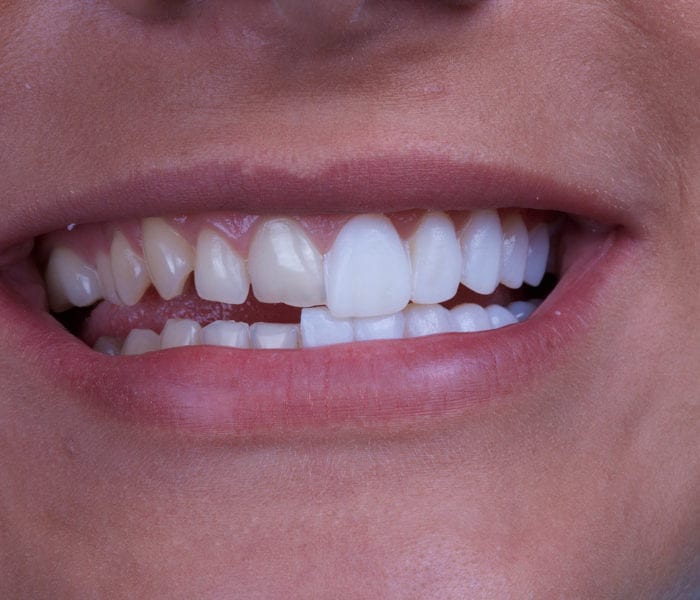
By Landon Johnson
•
July 13, 2020
Dental veneers, also known as porcelain veneers, are one of the most common treatments for building a brand new, beautiful smile! More specifically, veneers are used to fix teeth that are discolored, worn down, chipped or broken, misaligned, uneven, misshaped or to fix gaps. Getting a dental veneer generally requires three trips to the dentist, including your consultation. During the consultation you can expect to talk with the doctor about what is most important to you in your new smile and what bother you most about your current smile. This information during the consultation is what dictates options of treatment for you which are explained in the very same day. Preparation and application of the veneer or veneers are what make up your second and third appointment. First, the doctor will reshape the tooth surface, trimming off the enamel. We always have local anesthetic to numb the area for any potential discomfort during your procedure. Next, your dentist will make a model or impression of your tooth. This model is sent directly to our in-house laboratory where our lab technicians construct your veneer using state of the art technology and artistry. You can expect 2-4 weeks for your dentist to receive the veneers back and temporary dental veneers can be used in the meantime upon request. Before the dental veneer is permanently cemented to your tooth, the doctor will temporarily place it on your tooth to examine its fit and color, repeatedly removing and trimming the porcelain veneer to achieve the proper fit. The coloring of your veneer can also be adjusted at this time with the shade of cement to be used. Next, to bond your tooth to the veneer, your tooth will be cleaned, polished, and etched for a long term durability of the veneer. Once cemented and positioned, a special light beam is applied to the dental veneer, which activates chemicals in the cement, causing it to harden and lock the veneer in place. All excess cement is removed, and any final adjustments to your bite are completed. Veneers are usually replaced (every 7-15 years) which we cover with your lifetime dental treatment plan, so you never have to worry about your brand new smile changing or going away. You can then continue on living as though all of your veneers are your natural teeth! Are veneers right for you? Do you have further questions about a possible veneer treatment for yourself? Please don't hesitate to call our office, we are always happy to answer any of your dental questions! 303-789-2020.
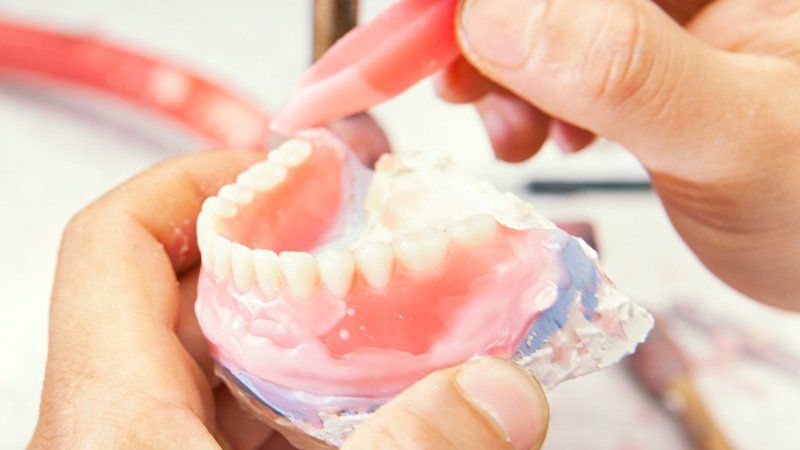
By Landon Johnson
•
July 6, 2020
Did you know that there are 9 different specialties dentists that all focus on separate areas of the mouth? With so many different types of dentists it is helpful to know who to go to and which type of doctor to talk to depending on your dental needs. While you can always visit your family dentist and they can refer you to a specialist, you can save yourself time and money by speaking directly to the right specialist. Below are some of the reasons and solutions that should lead you to speaking to a prosthodontist. What is a Prosthodontist? GoToAPro.org defines a prosthodontist as a from of specialized dentistry practiced by a dentist who has completed general dentistry school plus at least three additional years of advanced training and education in an CODA-accredited prosthodontic graduate program. A prosthodontist is highly trained in cosmetics, dental implants, crowns, bridges, dentures, temporomandibular disorders (TMJ/TMD), and more. They specialize in treating and handling dental and facial problems that involve restoring missing tooth and jaw structures. Reasons to consider a Prosthodontist: I f you're concerned about 1) the appearance of your teeth or smile 2) the shape of your face 3) the comfort of your teeth or mouth 4) have missing teeth or teeth to be removed, then you should speak with a prosthodontist. While a prosthodontist is primarily concerned with the health and function of the mouth, appearance is also of the outmost importance to a prosthodontist. Many dentist are described as cosmetic dentists but prosthodontists in particular extend their education that includes hands on training to match colors of teeth, correcting misshaped teeth, and creating a finished smile that looks as natural and appealing as possible. Prosthodontists are trained in several methods for every type of tooth or smile cases in order to meet the patient's wants and needs precisely. Dental Emergencies or Accidents: A prosthodontist is also who you should call for dental emergencies, sudden tooth pain, or trauma effecting your mouth. Some patients may have knocked one or more teeth out playing sports, you may have pain in a tooth for reasons you aren't sure of, or maybe you have had a tooth missing for a duration of time and you're wondering what the cost and procedure might be to replace it. These are all perfectly normal and common reasons to call a prosthodontist. (Don't be nervous to call and ask a doctor questions!) Overall, it never hurts to start by calling a prosthodontist for any of your dental needs or questions. It may even save you money and time by visiting the prosthodontics office directly, rather than visiting a general dentist just to be referred to a prosthodontist. Visit our website in the services section to get a detailed view and description of all the treatments and procedures offered by a prosthodontist. Have more questions? Feel free to call our office at 303-789-2020. We love answering questions!

By Analytics Admin
•
November 10, 2017
Many people worry as their teeth lose the pearly white sheen they had as children. While there are no ways to completely prevent tooth yellowing, understanding the causes might lessen the changes. The tooth has two components when it comes to yellowing: the enamel coating on the outside, and the dentin tissue in the interior of the tooth. Let’s look at both components. The enamel can yellow from some of the foods we eat – anything with high acid and tannin levels like sodas or sports drinks or wine, for example, will stain. Tannins grip onto the enamel, creating the stain. Compounds like polyphenols are found in some fruits like berries and pomegranates, and while they stain the teeth, brushing after eating will prevent long term stain. Other foods like dark sauces will stain your teeth, but eating a green salad or some steamed vegetables before enjoying the sauces can create a layer over the enamel, protecting it from the sauce’s stains. The dentin tissue is the main reason for yellowing, and that, unfortunately, is just a product of nature. Dentin is a living tissue that ages like the rest of our body parts, and as it ages, the dentin turns yellow. While we can’t stop aging, there are a few things to pay attention to that might slow it down. Teeth grinding is a high-pressure habit that can force as much as 250 pounds per square inch on teeth. Grinding speeds up the aging of the dentin, which can cause irreversible yellowing. A custom night guard is a good solution to nighttime grinding. By the same token, when we fall and injure our mouth, a tooth may turn yellow due to the trauma, which ages the dentin. A poor diet will often speed the aging process in the entire body, including the dentin tissue. Wearing a mouth guard for physical activity and maintaining a healthy diet are good ways to keep your teeth young and white. To learn more, contact us at 303-789-2020 or find us online at https://www.dentalartsofcherryhills.com.
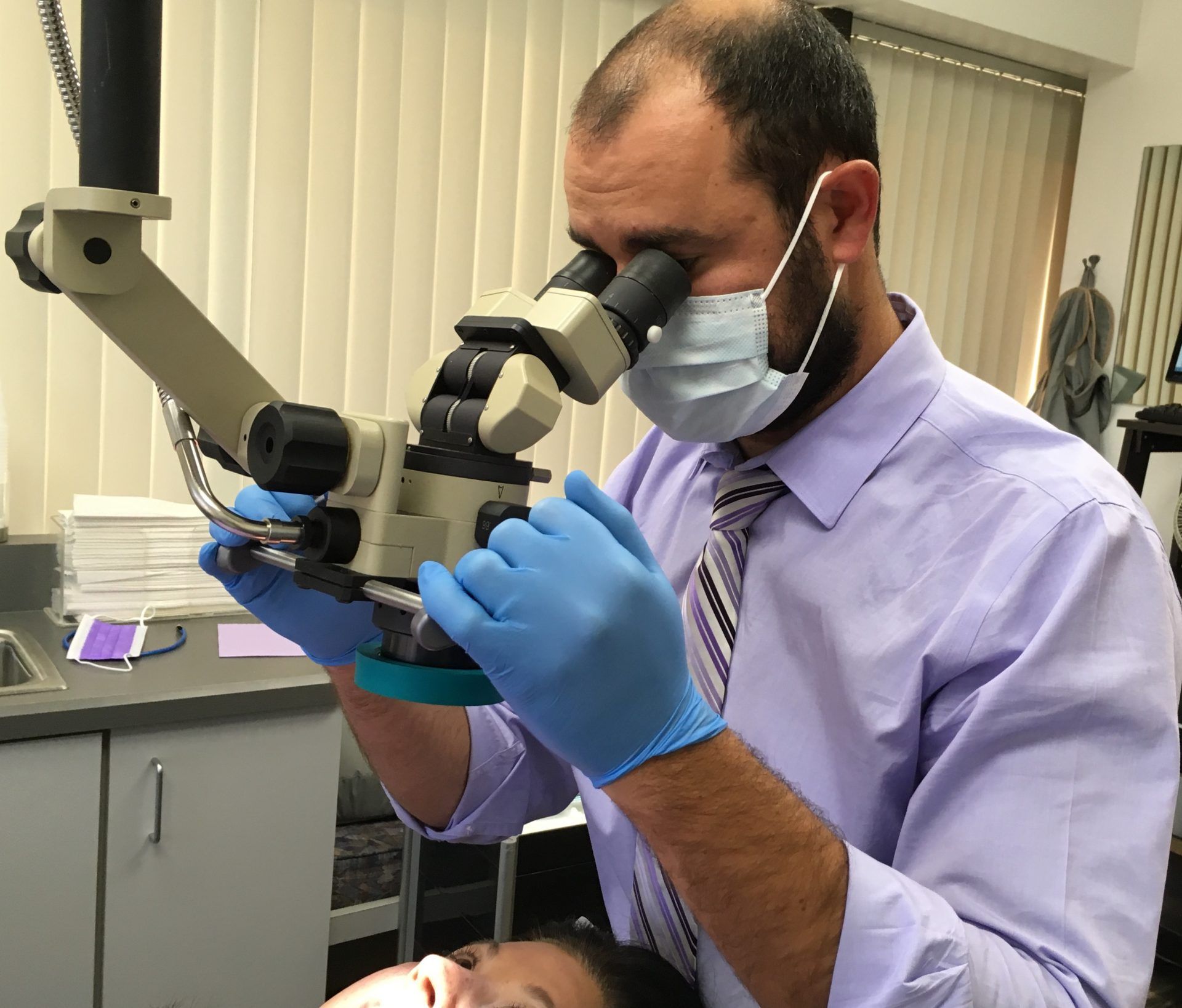
By Analytics Admin
•
June 26, 2017
Oral cancer originates in the area of the mouth, and is characterized by the appearance of squamous cell carcinomas, also know as malignant cells. Oral cancer screening can potentially detect oral cancer in stages early enough to give a patient the best opportunity to obtain treatment before the cancer spreads, lessening the potential for successful treatment. Although oral cancer doesn’t typically receive the same attention as others, like breast cancer, it is still one of the most dangerous classified cancers. Did you now that as many as 35,000 people are diagnosed with oral cancer every year, and it is estimated that upwards of 25% die. The exceptionally high mortality rate is due to the fact that detection typically occurs too late after the cancer has started to spread and the body’s defense system is compromised. If you skip multiple trips to the dentist, you could be putting your oral health at risk of gum disease and even cancer. That is why, our highly trained team here at Dental Art of Cherry Hills in Denver Colorado is happy to talk to you about the importance of oral cancer, so you can address it as soon as possible. Oral cancer can appear on your gums, lips, cheeks, tongue, the floor or roof of your mouth, and even the throat. What many people may not comprehend is your six-month checkup includes a basic oral cancer screening, so you can get checked regularly and catch it early. Symptoms of oral cancer can include tenderness, redness and irritation, red or white patches, pain, lumps in your mouth, difficulty chewing, and the way your teeth are aligned. Make A Dentist Appointment to discuss an oral cancer screening with your dentist as soon as possible. Dr. Harogiannis has been identified as one of the nation’s leading dentists as a 5280 top doc magazine for 2017. Call us today at 303-789-2020 to set up an appointment.
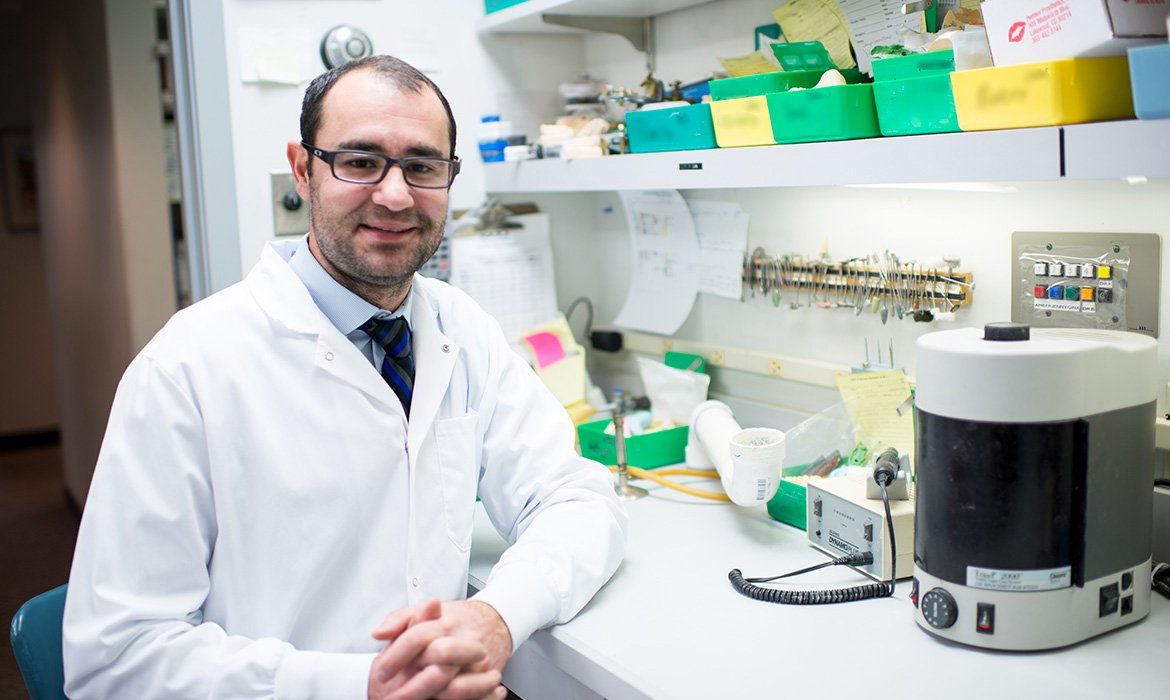
By Analytics Admin
•
June 17, 2017
Porcelain are thin pieces of porcelain used to recreate the natural look of teeth. Veneers can create beautiful smiles, however, they’re still prone to damage when frequently exposed to bad habits and poor oral care and can break and fail over time when not properly cared for. Maintaining porcelain veneers isn’t much different from caring for natural teeth. A few simple precautions are all it should take to ensure that all goes well. Healthy Gums and Teeth Keeping your teeth and gums clean is very important if you want your veneers to be truly long lasting. Treat them as you would your original teeth, with routine brushing and flossing. Using non-abrasive fluoride toothpaste will typically be suggested by your dental professional. Don’t be afraid of damaging your laminates by either flossing or brushing Chewing & hard candies Any extreme force can potentially cause the porcelain veneers to crack or separate from the teeth. Be especially careful with such foods as nuts and carrots, and never chew on bones, hard candies, or similar items. We recommend against chewing gum of any kind. Tooth Grinding / Bruxism Grinding the teeth puts a much higher amount of stress on the teeth than normal functional situations. If bruxism is a problem, we can fit you with a bite guard that you’ll wear at night to take the pressure off your teeth and veneers. Don’t Skip Any Appointments Generally one week after the placement of your Veneers you will be asked to return to the dental office for a treatment evaluation. This visit gives your dentist the opportunity to evaluate the placement of the laminates, the gum tissue response and to answer any questions you might have regarding your new smile. Regular maintenance and dental check-ups are recommended so that your veneers and oral health can be reviewed periodically. Anyone wearing porcelain veneers must thereafter return for exams and cleanings on a regular basis. This will allow us to discover any sign of potential failure before the situation gets out of hand. It is usually possible to remove stains or reattach a veneer that’s come loose, but if one should break or your gums recede, replacement may be your only option. If you have any questions, call us at our Denver office 303-789-2020
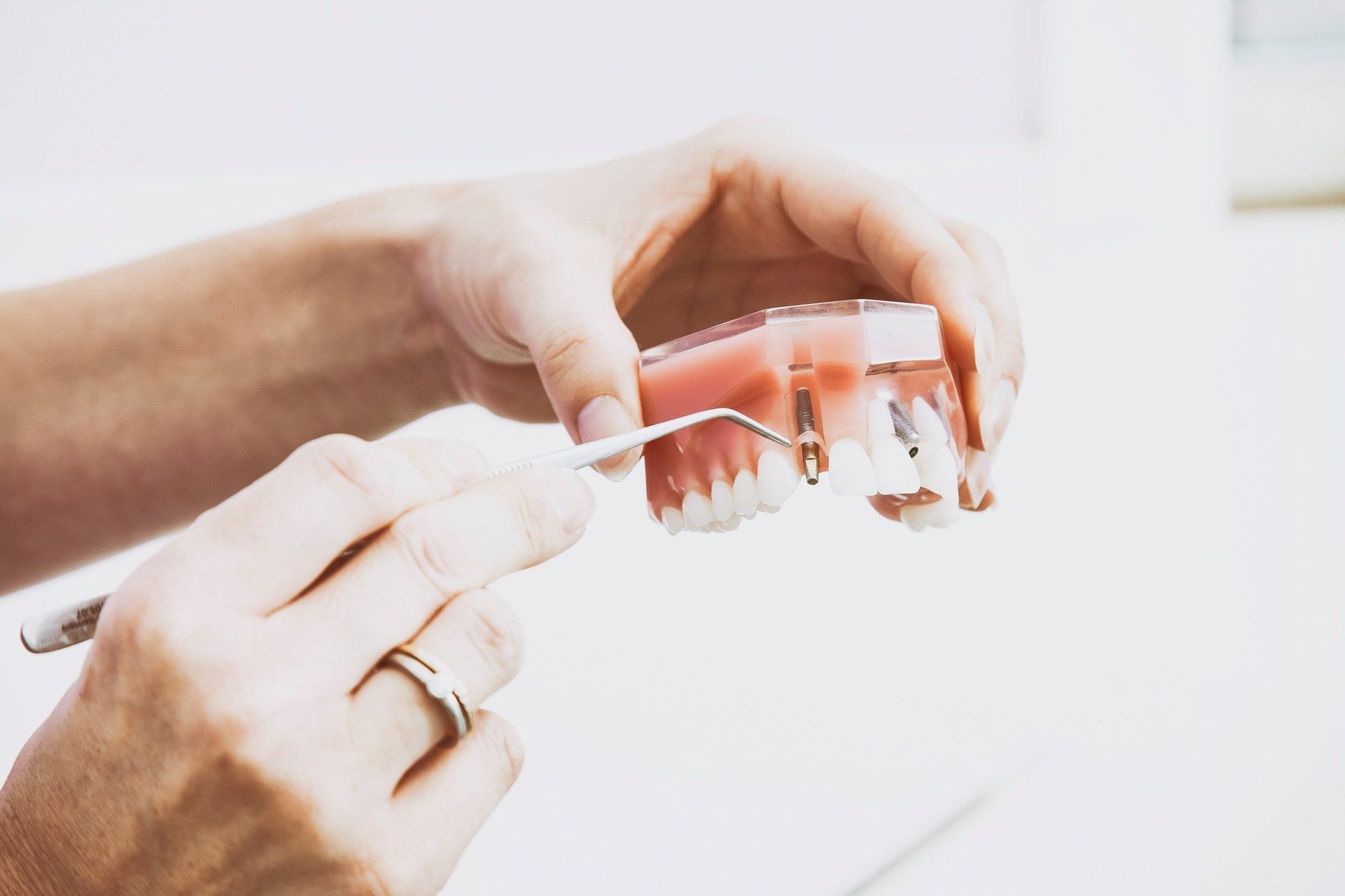
By Analytics Admin
•
December 14, 2016
Lumineers in Denver What are lumineers? Most Hollywood celebrities have perfect teeth, but most of them were not born with perfect pearly whites. Lumineers can help you achieve the same sparkling, white smile without the pain associated with traditional veneers. The majority of stars had their teeth straightened or whitened by a cosmetic dentist. Lumineers and Veneers are offered in Denver by the experienced, renowned cosmetic dentist, Dr. Kostas. Lumineers are a type of ultra thin dental veneer made of thin porcelain shell. They are bonded to your teeth to cover minor dental problems. The idea is that ultra thin porcelain veneers are so thin that they can be bonded directly to the surface of a tooth without needing to trim it back first. It is important to note that traditional porcelain veneers are irreversible. So, they are not ideal for patients with minor dental issues. Because lumineers are thinner than the traditional dental veneer, they require little to no filling. The best part is your teeth are not altered permanently and you also don’t need an anesthetic to numb your teeth before grinding them down. All this makes this type of dental treatment a great alternative to the traditional dental veneers. Benefits of Lumineers There are many benefits that lumineers can offer you: If you have a fear of needles, for example, then this option is ideal as it does not require shots. One thing that makes ultra-thin laminates special as compared to conventional ones is that placing them doesn’t necessarily have to require any tooth preparation Because lumineers are cemented directly on your tooth, they do not demand the removal of your enamel. What’s more is that lumineers are reversible. They also do not require temporary veneers to be worn. They can also give you the appearance of having straighter teeth. To find out if lumineers can benefit you, please contact Dr. Kostas’ office today to make an appointment.
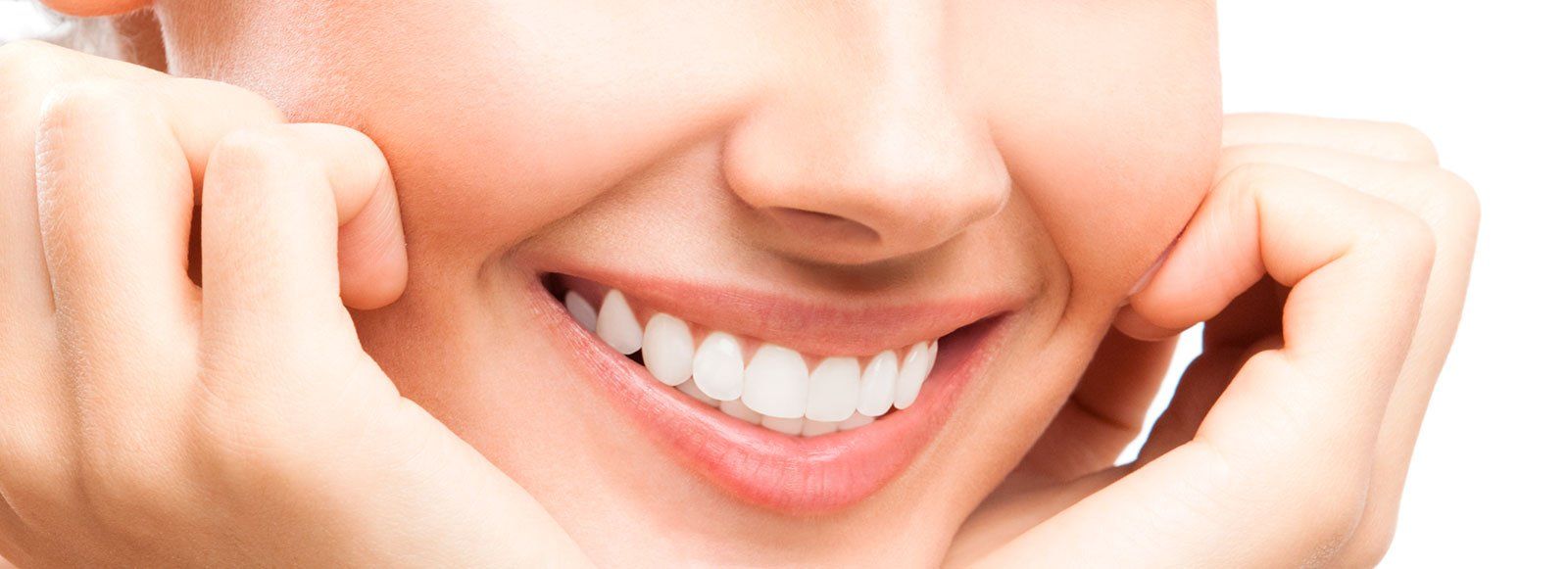
By Analytics Admin
•
December 2, 2016
People need dentures and dental implants for many reasons, including age, oral disease, injury, etc. Thanks to modern technology, there are more options available when you’re considering long term dental work. According to the American Association of Oral and Maxillofacial Surgeons, statistics show that nearly 70% of adults aged 35 to 44 years in the United States have at least one missing tooth due to an accident, tooth decay, gum disease, or dental fractures. Two of the most common options are dentures and dental implants. Dentures are false teeth, secured with denture adhesive. Dentures might slip out of place while eating or speaking, which is embarrassing, and partial dentures might promote infection and decay in other teeth if they aren’t fitted properly. If you are missing teeth and your gums and jaw are healthy, dental implants are a worthwhile option that surgically implants replacement teeth into the jawbone. With good oral hygiene, dental implants can last for 20 years or more. Dental implants are often a popular choice for people who have only one or two teeth missing, though they can still be an alternative to dentures if you have several missing teeth. As long as your gums and jaw are healthy, two or more implants can serve as a base of support for several replacement teeth. In general, conventional dentures are used after all teeth are removed from the mouth and because the muscles in the mouth are learning to participate with the new set of teeth, the patient has a hard time finding comfort for a long time. Dental implants look and function like real teeth and are much more stable, because the implant doesn’t rely on a messy adhesives to stick to the gums. Dental implants are placed into the jaw bone that used to hold the roots of the missing natural teeth. The implants over time will bond with the bone and form stable anchors for crowns or bridges. Because functioning teeth are not removed to make room for dentures, healing time is accelerated. Dental implants restore your smile and the confidence needed to do the things that may hold back someone who wears a conventional denture
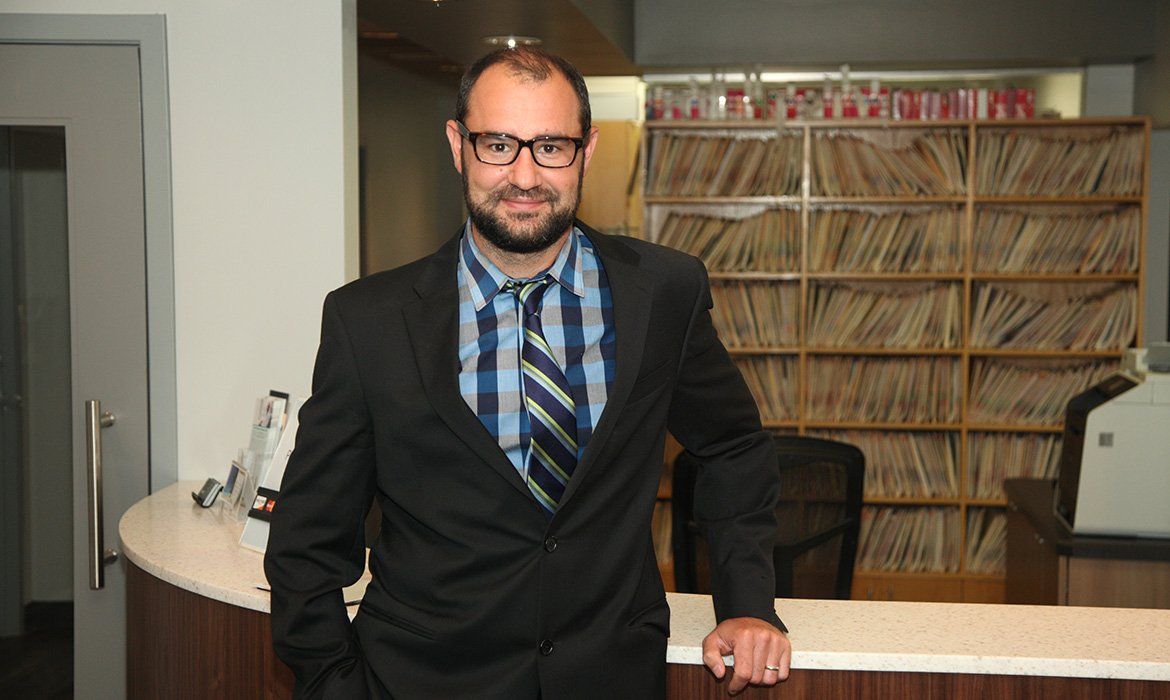
By Analytics Admin
•
July 30, 2016
The Global Dental Operating Microscope provides improved illumination and magnification enhancing the precision and manipulation of all diagnostic and technical aspects. Provides refinement in tooth and margin preparation. Allows for closer inspection of restorations and marginal tissues. Improved lighting and magnification aid in caries detection and removal. Improves detection and evaluation of coronal and root fractures and abnormalities. Facilitates cord placement for gingival retraction. Provides for better inspection of impressions. Helps with inspection of marginal fit of restoration (crowns, veneers, inlay/onlay, amalgam, composite). Facilitates in finishing and polishing of margins. Assists in gingival contouring or reshaping around teeth and implants. Assists in evaluation after cementation. Benefits in the Dental Laboratory Assists in master die trimming Facilitates in the location of bubbles, imperfections and undercuts in the master die. Facilitates in the marginal adaptation of wax or ceramic. Inspection of internal aspect of metal casting or ceramic core for imperfections. Adaptation of restoration to die for the finest marginal integrity.
Monday – Thursday: 7:30am to 5:00pm
Friday – Saturday: Appointments available upon request
Sunday: Closed
3601 S. Clarkson St. Suite 400 Englewood, Colorado 80113
Call us: 303-789-2020
Monday – Thursday: 7:30am to 5:00pm
Fridays: Appointments available upon request
Saturday - Sunday: Closed
3575 S Sherman St Suite #3 Englewood, CO 80113
Call us: 303-789-2020
Monday – Thursday: 7:30am to 5:00pm
Friday – Saturday: Appointments available upon request
Sunday: Closed
3575 S Sherman St Suite #3
Englewood, Colorado 80113
Call us: 303-789-2020
